

最新更新
APP下载
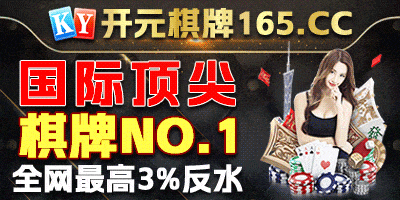
现金棋牌 热门电子PG
在线捕鱼 万款游戏 应有尽有
.gif)
现金棋牌 热门电子PG
在线捕鱼 万款游戏 应有尽有
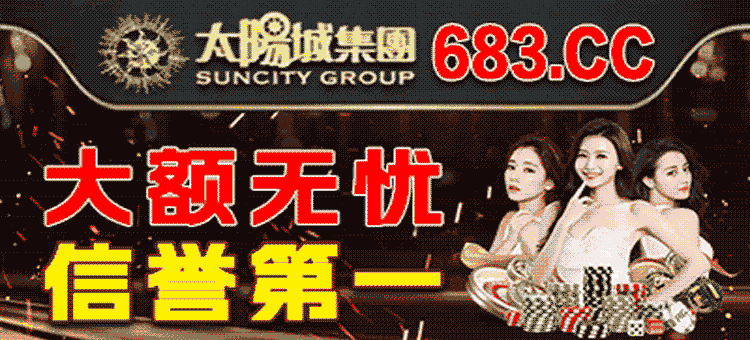
3p信誉品牌注册送333元
每日免费领红包
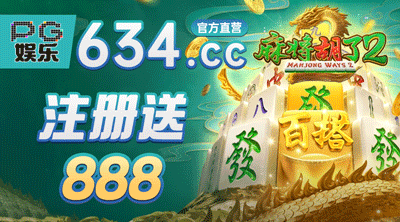
3p信誉品牌注册送333元
每日免费领红包
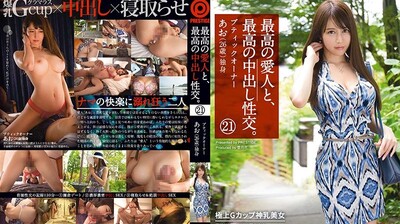
SGA101和最棒的小三最棒的内射性交う21.
女优明星 - 2025-02-27 13:25:08
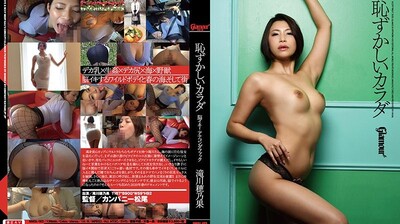
HMGL183羞耻的身体脑内高潮蟒蛇性交泷川穗う乃果.
女优明星 - 2025-02-27 13:25:08
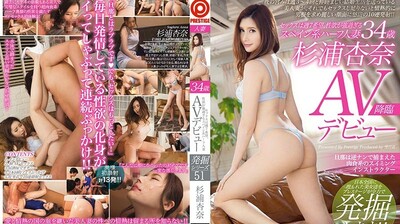
SGA091性慾超强西班牙系混血人妻杉浦杏奈34岁AV出道う51.
女优明星 - 2025-02-27 13:25:08
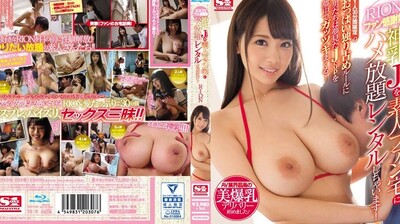
SSNI008RION粉丝感谢祭神乳J罩杯出租来到素人粉丝家中儘情う做爱.
女优明星 - 2025-02-27 13:25:08
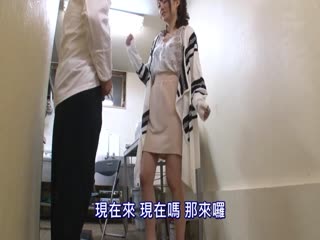
IPZ961初次的8场风俗娘特别版+4正戏+桃色沙龙+手淫+SM+脚淫君川结衣指定240う分钟.
女优明星 - 2025-02-27 13:25:08
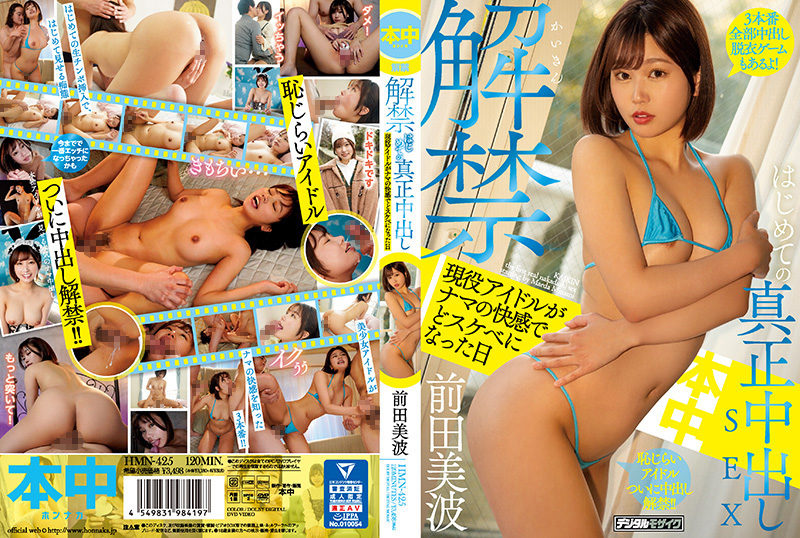
HMN425C解禁はじめての真正中出し現役アイドルがナマの快感でどスケベになっうた日.
女优明星 - 2025-02-27 13:25:08
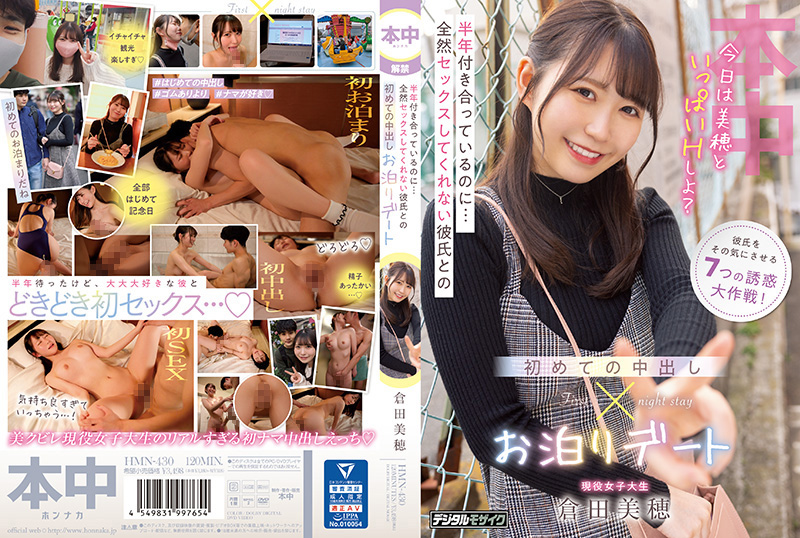
HMN430C半年付き合っているのに…全然セックスしてくれない彼氏との初めての中出しお泊りデうート.
女优明星 - 2025-02-27 13:25:08
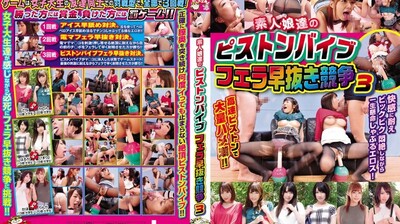
HJMO389素人女孩们被振动棒插入口交快速撸管竞う争3.
女优明星 - 2025-02-27 13:25:08
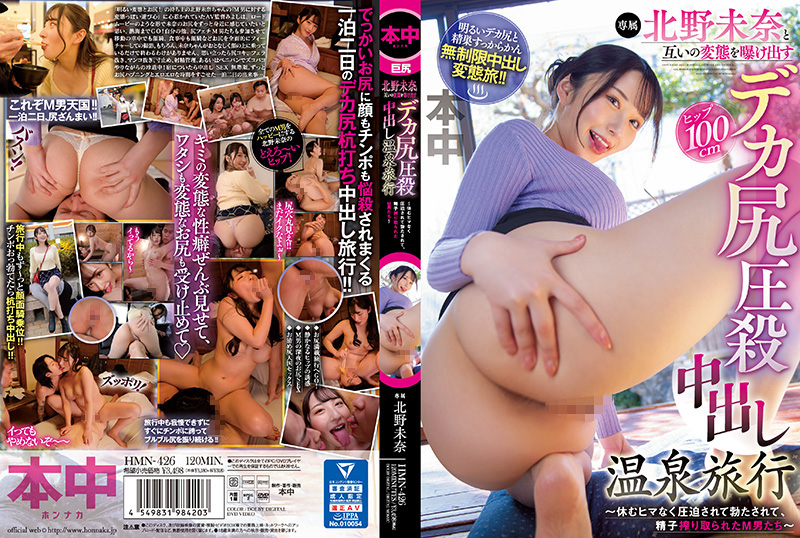
HMN426C北野未奈と互いの変態を曝け出すデカ尻圧殺中出し温泉旅行~休むヒマなく圧迫されて勃たされうて、.
女优明星 - 2025-02-27 13:25:08
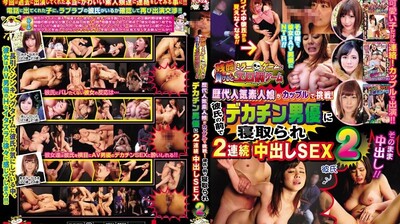
HJMO375残酷游戏和色色惩罚历代人气素人情侣前来挑战在男优面前被男优连续两次内う射2.
女优明星 - 2025-02-27 13:25:08
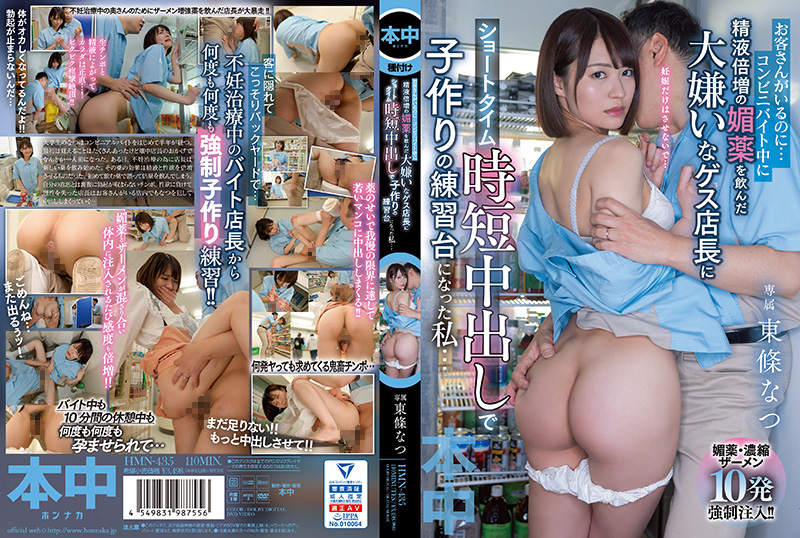
HMN435Cお客さんがいるのに…コンビニバイト中に精液倍増の媚薬を飲んだ大嫌いなゲス店長にショートうタイ.
女优明星 - 2025-02-27 13:25:08
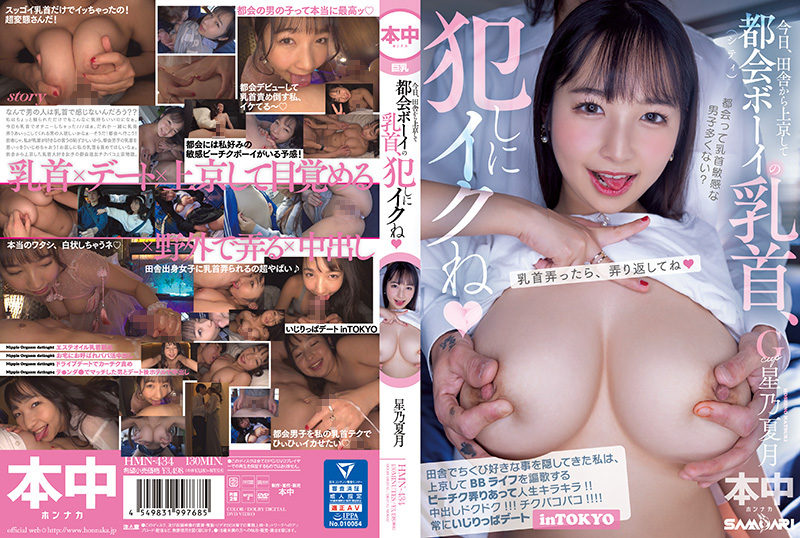
HMN434C田舎でちくび好きな事を隠してきた私は、上京してBBライフを謳歌する今日、田舎から上京しうて都.
女优明星 - 2025-02-27 13:25:08
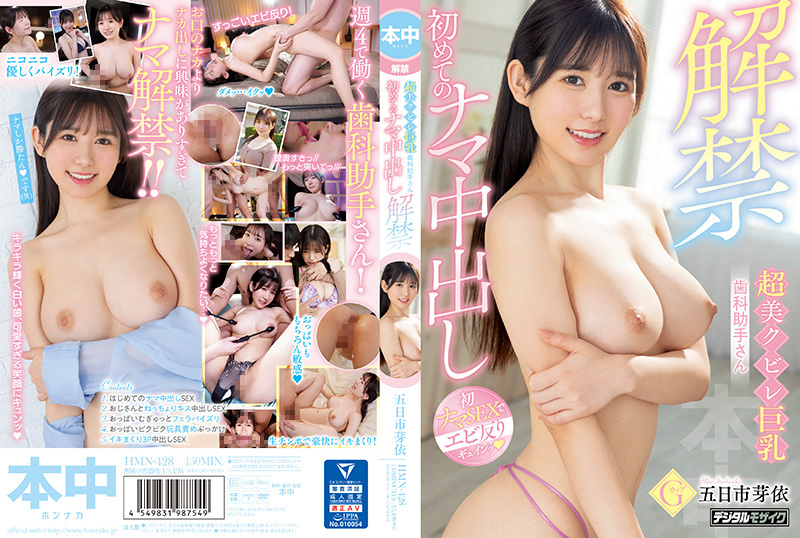
HMN428C超美クビレ巨乳歯科助手さん初めてのナマ中出しう解禁.
女优明星 - 2025-02-27 13:25:08
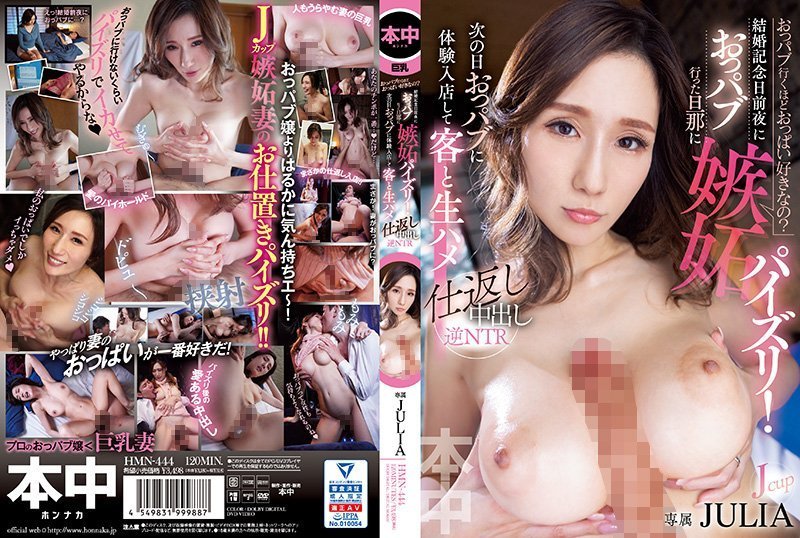
HMN444Cおっパブ行くほどおっぱい好きなの?結婚記念日前夜におっパブ行った旦那に嫉妬パイズリ次うの日.
女优明星 - 2025-02-27 13:25:08
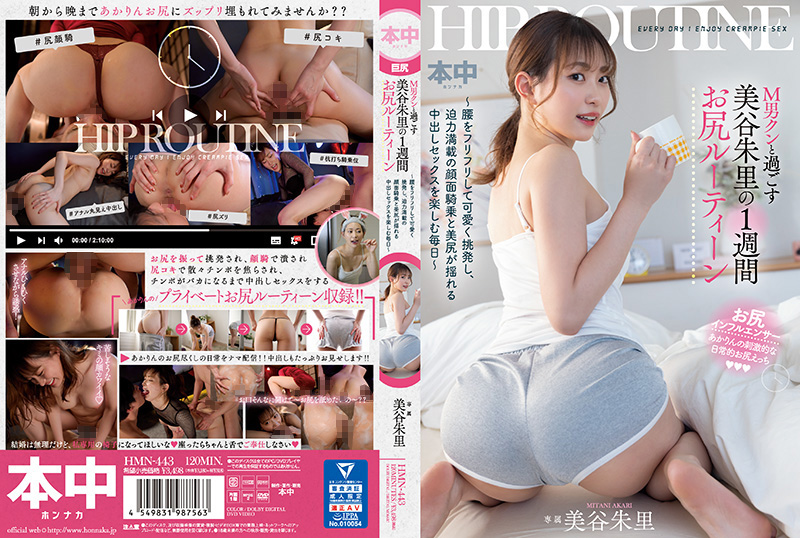
HMN443CM男クンと過ごす美谷朱里の1週間お尻ルーティーン~腰をフリフリして可愛く挑発し、迫力満う載の.
女优明星 - 2025-02-27 13:25:08
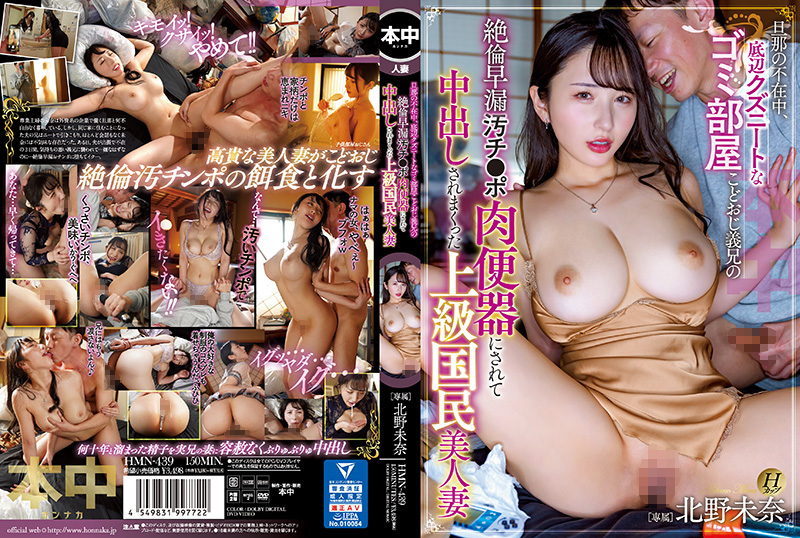
HMN439C旦那の不在中、底辺クズニートなゴミ部屋こどおじ義兄の絶倫早漏汚チ●ポ肉便器にされて中出しうされ.
女优明星 - 2025-02-27 13:25:08





